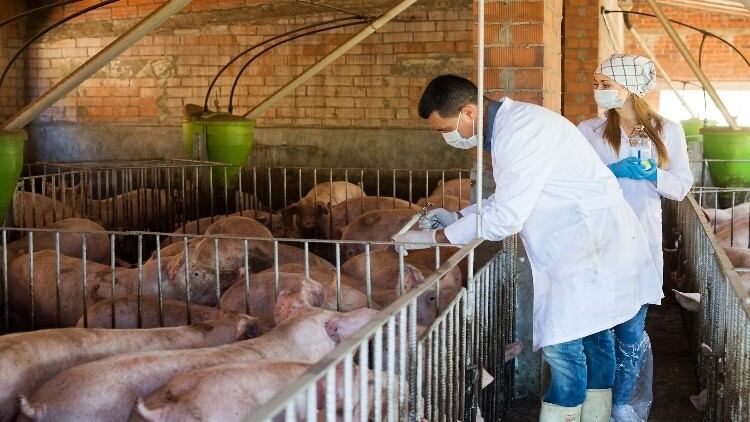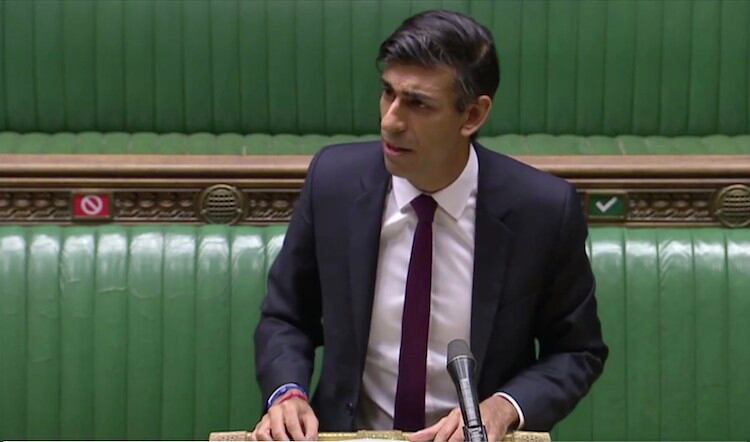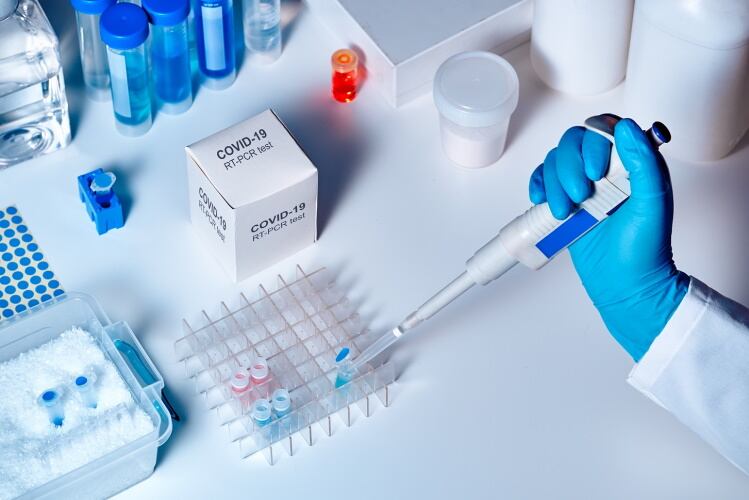In a letter sent to secretary of state George Eustice, signatories from across the food and drink industry (see box below) urged the Government to step up its support for UK exports to the EU.
While the letter accepted the responsibility of businesses to make sure they are legally compliant before 1 January 2021, it called on the Government to play and active role in supporting the process by which food achieves the necessary certification to be ready for export to the EU.
However, a shortage of vets – compounded. The letter claimed, by an unnecessary, complex, and costly attestation process proposed to underpin the new certification requirements – could see exports to the EU drop by between 50–75%.
Issues raised for four years
Cold Chain Federation chief executive Shane Brennan – who submitted the letter on behalf of the signatories – said: “The food and logistics industries have been raising this issue with Government for the past four years. We are asking the Secretary of State to use this crucial window of opportunity before the changes come into force on 1 January to increase certification resource and simplify the export process.
“Without urgent action from Government, we can expect a reduction of between 50 and 75% in the volume of the meat and dairy export trade to the EU, especially to Ireland and Northern Ireland, in the months after 1 January.”
The letter suggested three actions the Government should take to help ease the burden on the food and drink industry.
First, it called for all currently active official veterinarians to play a direct role in supporting the export certification process for products of animal origin. While it was recognised that these vets have other vital roles to play, it argued this new role was just as vital and more should be invested in helping them facilitating food exports.
Simplify guidance
The second demand was for the Animal and Plant Health Agency to use its authority to significantly simplify the guidance on how official veterinarians at the last point of departure before export can rely on existing controls as the basis for having confidence to certify the products for export.
Finally, the letter called for a revision on the rules on what inspection and verification must be done by an official veterinarian, and what can be done by an appropriately trained and supervised certification support officer.
“We believe these three actions, alongside the successful conclusion of a zero-tariff trade agreement, are vital if UK Government is to avert a crisis for our meat, dairy and other POAO exporters,” the letter concluded.
“We are already at a very late stage and these businesses are suffering. We urge you to act to ensure that crucial UK businesses, jobs and trade links can take place in 2021 and beyond.”
UK Food and Logistics Industry Representatives
- David Camp, Chief Executive Association of Labour Providers
- Walter Anzer, Director General British Food Importers and Distributors Association
- Richard Harrow, Chief Executive British Frozen Food Federation
- Nick Allen, Chief Executive British Meat Processors Association
- Richard Griffiths, Chief Executive British Poultry Council
- Jim Winship, Director British Sandwich and Food-To-Go Association
- Declan O’Brien, Director General British Specialist Nutrition Association
- Karin Goodburn, Director General Chilled Food Association
- Shane Brennan, Chief Executive Cold Chain Federation
- Parminder Kaur, Chair Council for Responsible Nutrition UK
- Sarah Hendry, Director General Country Land and Business Association
- Glyn Roberts, President Farmers Union of Wales
- James Bielby, Chief Executive Federation of Wholesale Distributors
- Elsa Fairbanks, Director Food and Drink Exporters Association
- Ian Wright, Chief Executive Food and Drink Federation
- Pete Robertson, Director Food and Drink Federation Cymru
- Graham Keen, Executive Director Health Food Manufacturers Association
- Neil Wilson, Executive Director Institute of Auctioneers and Appraisers in Scotland
- Katie Doherty, Chief Executive Officer International Meat Traders Association
- Christopher Dodds, Managing Director Livestock Auctioneers Association Limited
- Neil Shand, Chief Executive National Beef Association
- Lynda Simmonds, Secretary General National Edible Oils Association
- Terry Jones, Director General National Farmers Union England & Wales
- Dr Zoë Davies, Chief Executive National Pig Association
- Phil Stocker, Chief Executive National Sheep Association
- Michael Bellingham, Chief Executive Pet Food Manufacturers Association
- Andrew Kuyk, Director General Provision Trades Federation
- Richard Burnett, Chief Executive Road Haulage Association
- Simon Cripps, Chairman Seasoning and Spice Association





